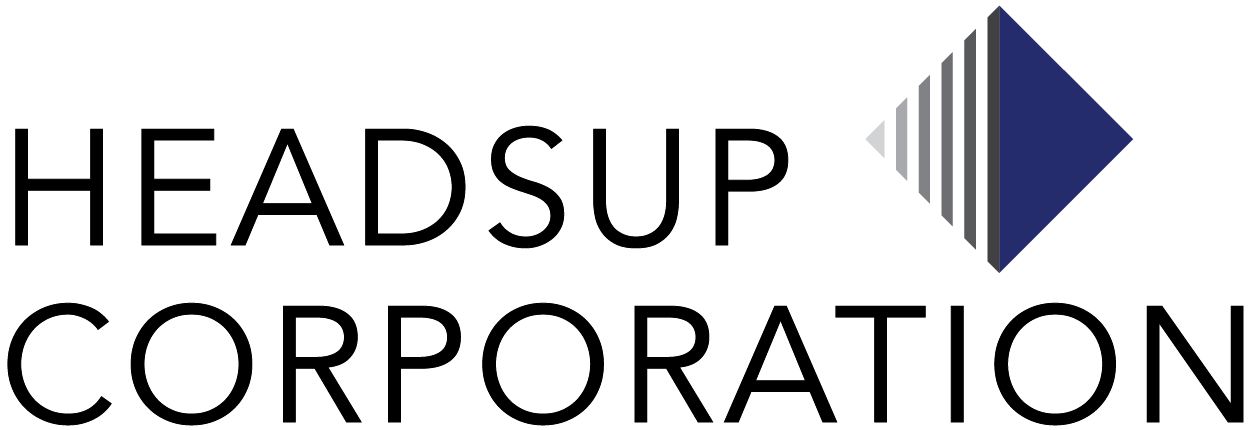
HR Trends To Look Out For In 2022
There’s been a fundamental shift in the way we work since the COVID-19 outbreak. The emergence of new technology, as well as a dramatic shift in the work approach, have had a huge impact on the future of work.
Developing vital skills and competencies will be at the top of the priority list for HR this year, but many will also prioritize change management, leadership, and diversity, equality, and inclusion programs. These human resources priorities are critical to the company’s overall performance. Most HR leaders believe that increasing operational excellence will be crucial in 2022 and that implementing business transformation will be a big focus, far more than in previous years.
HR Trends in 2022 That You Musn’t Miss!
 As the Human Resources space keeps evolving, there are many anticipated developments that can pan out in 2022. Such as –
As the Human Resources space keeps evolving, there are many anticipated developments that can pan out in 2022. Such as –
The Growing Power of AI
Companies are speeding their Artificial Intelligence adoption plans as they undertake digital transformations to improve efficiency, security, and effectiveness. AI will be immensely useful to HR departments, allowing them to make better judgments.
Additionally, AI will aid in the automation and streamlining of administrative processes, allowing HR to concentrate on strategic initiatives and customizing the employee experience. HR departments to develop chatbots that employees may use to ask inquiries about payroll, benefits, and other topics. It is one of the new HR trends 2022.
Understanding the Importance of Wellness and Mental Health
The pandemic highlighted the significance of mental health and wellness to all. Stress affects everyone, particularly in difficult times. Businesses are recognizing this and providing solutions to help employees cope with stress, deal with plunging mental well-being and avoid burnout. Some companies provide greater flexibility, and they also offer programs. Perhaps your boss provides a yoga class or meditation time. Some employers offer paid mental health days as part of their benefits package (PTO). Employers will become more inventive in the future and pay more attention to their employees’ mental wellness. This will only become a larger component of HR management’s responsibilities in the future.
Need for Diversity, Equity, and Inclusion (DEI)
The globe watched the Black Lives Matter protests emerge in front of their eyes during the peak of the outbreak. Many people demanded that corporations express their solidarity with the campaign by taking a stand. People started to acknowledge the underrepresentation in management and leadership, as well as at junior levels, as a result of shining a light on policing abuses. While diversity has been on HR officials’ radar for some time, DEI strategies have come to the top of the priority list. DEI will continue to be at the forefront of recruiting and retention tactics in 2022.
Four Days Workweek Model
Employees learned how to be super productive at home in the aftermath of the pandemic. They took advantage of the extra time (and lack of a commute) that remote work provided to spend with their family, pursue their interests, and indulge in some self-care. People are adamant about not giving it up. Employees now have the upper hand, and they are demanding more scheduling flexibility. While this is already taking place in some companies, some are proposing to go much further in terms of flexibility.
All of this sparked debate over the four-day workweek, a topic that has been discussed previously. The discussion will rage on until 2022, and some businesses may adopt this schedule in order to entice recruits and keep personnel during what is still a record labor shortage.
Strategic And Innovative Recruitment Methods
Companies are having difficulty filling vacant positions since recruiting has resumed. As a result, the demand for recruiters has surged by a factor of seven. Traditional recruitment approaches have proven ineffectual as the war for talent heats up.
Workers are hesitant to work, according to a prevalent misunderstanding about the developing labor crisis. That couldn’t be more untrue. People are unwilling to accept poor earnings and mistreatment in the real world. Companies must extend their views in terms of how they recruit and describe the talent they want. When it comes to attracting top talent and separating out from the crowd, recruiters will have to think outside the box.
Developing a Multi-Generational Workforce
It’s fascinating to think that by 2022, companies will be populated by employees from five generations, ranging from traditionalists to Generation Z. One of the major HR trends for 2022 will be identifying ways to manage multi-generational workforces and minimizing generational gaps. Traditionalists are thought to be less tech aware and value job progression possibilities less. Millennials and Generation Z, on the other hand, are more likely to pick organizations that offer higher growth prospects and virtual work environments.
As a result, managing a multigenerational workforce could be a challenge for companies in the next year. Avoiding prejudices, actively engaging with individuals, and fostering frequent interactions are just a few of the strategies to better manage this workforce. HR managers must comprehend the multigenerational workforce’s behavior, perspective, and expectations in order to give appropriate solutions.
The year 2022 has already started. Priorities are about to shift. As a result, now is the time for HR professionals to stay ahead of the curve and embrace emerging HR future trends. Employers must reassess their tactics in light of COVID-19 and keep up with global HR trends 2022 in order to succeed in the future.

